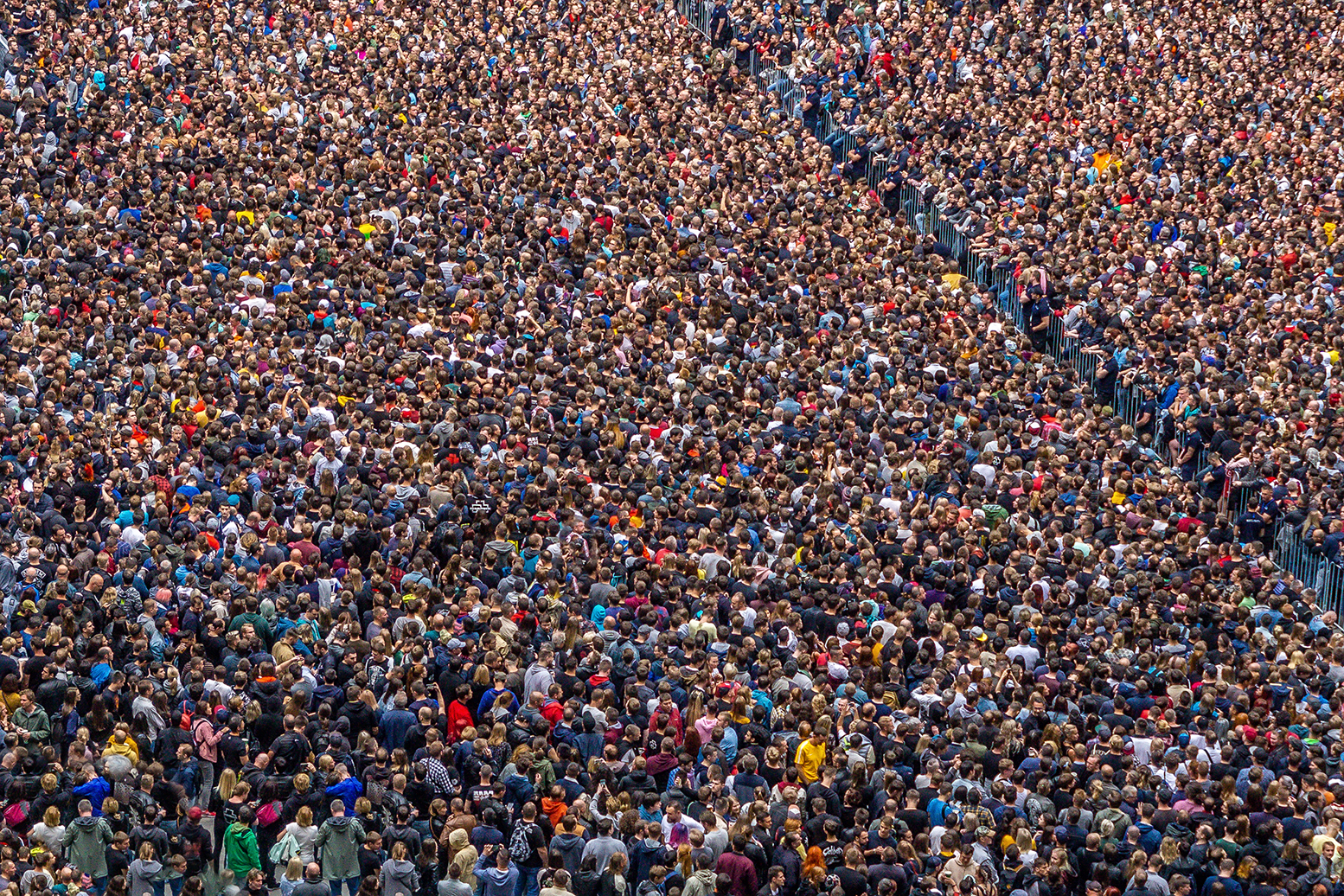
The text challenges exaggerated concerns about catastrophic population growth and opposes the need for extreme measures to control it. It highlights China's abandonment of the one-child policy as progress and stresses the importance of establishing family planning as a universal human right. By referencing economist Julian Simon, it suggests that historically, food production has matched or surpassed population growth. Despite the global population doubling since initial worries about overpopulation, famine deaths have significantly reduced due to increased food output, reduced prices, and decreased malnutrition worldwide. The text champions human innovation as the ultimate asset and concludes that stringent population control regulations are not only morally objectionable but also illogical and lacking scientific justification.